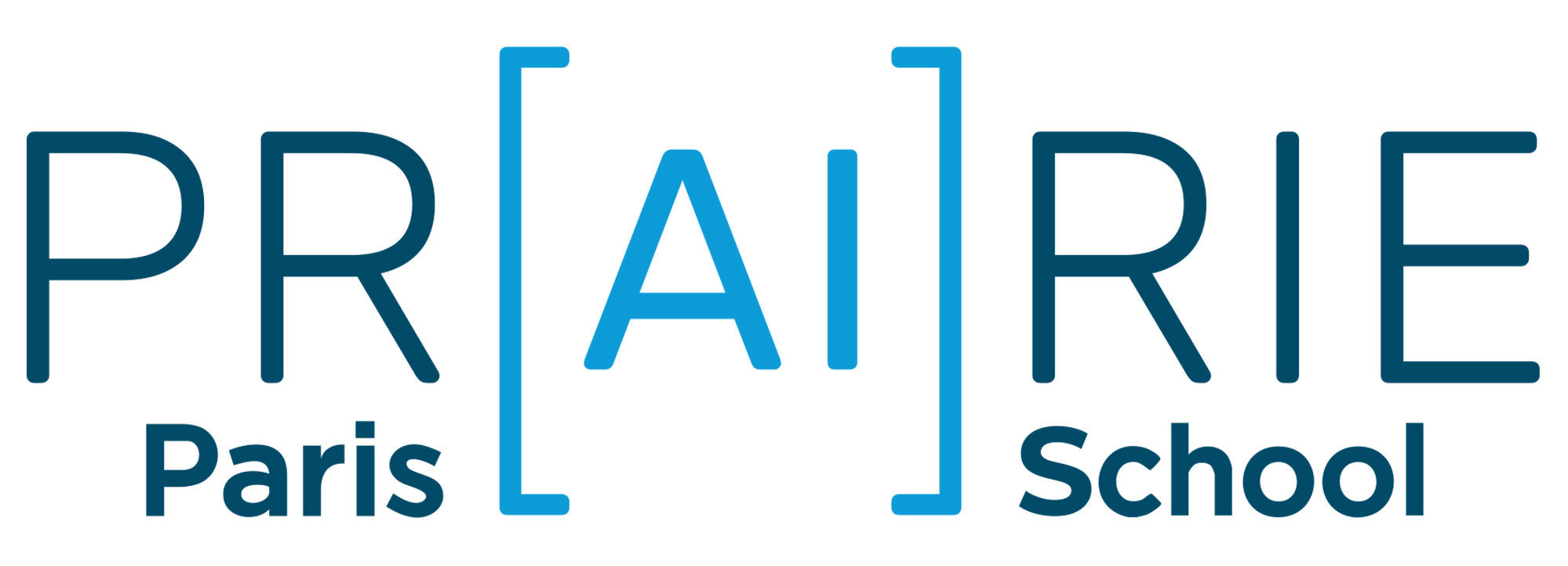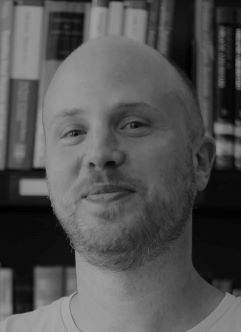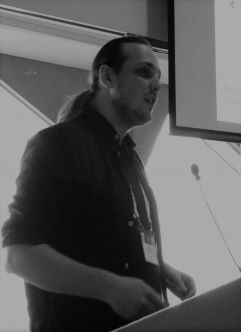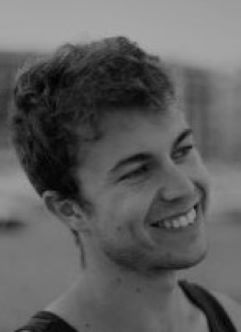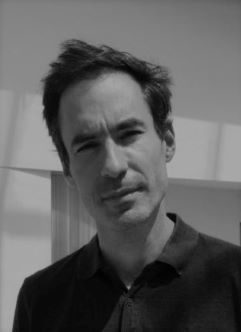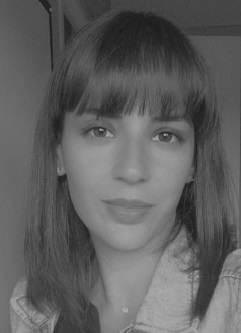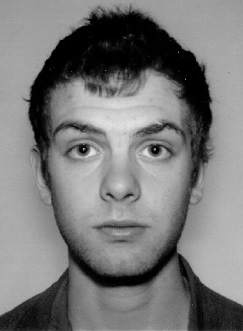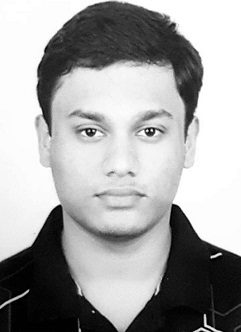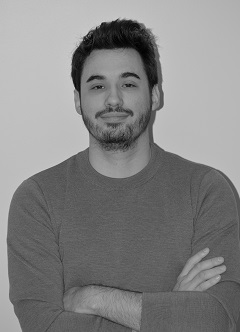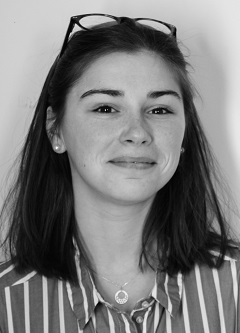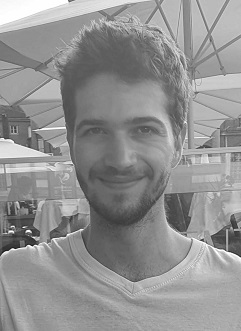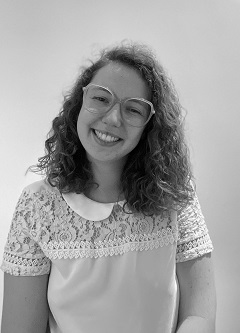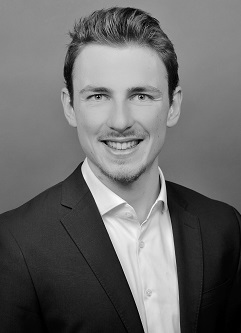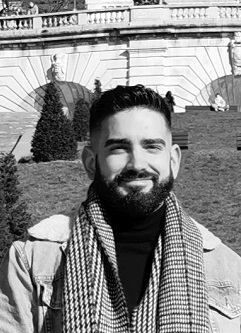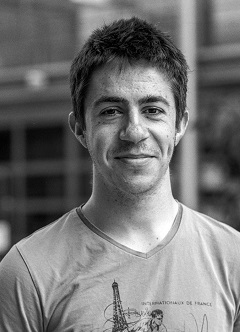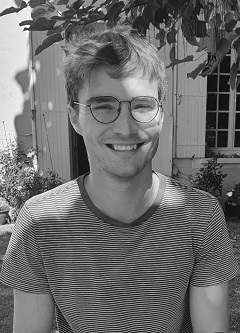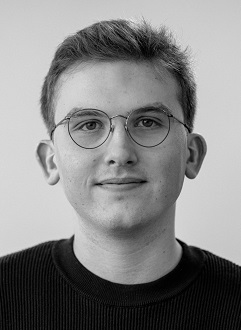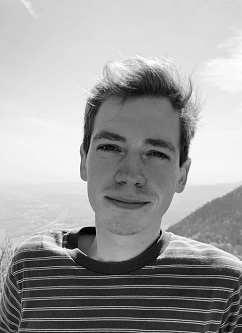WYART Valentin
Ecole Normale Supérieure – PSL / Inserm
Short Bio
Valentin leads a research group at the Computational Cognitive Neuroscience Lab of the École Normale Supérieure since 2018. His research group studies learning and decision-making under uncertainty in humans and artificial cognitive systems, for which he was awarded a starting grant from the European Research Council.
Research project
Learning and decision-making under uncertainty in humans and artificial cognitive systems.
CORNU David
Observatoire de Paris – LERMA, Univ. PSL
david.cornu[at]observatoiredeparis.psl.eu
Short Bio
French numerical astrophysicist, working at the Paris Observatory as a member of the LERMA. His current research topic revolves around developing state-of-the-art Machine Learning approaches and tools for analyzing massive datasets from modern giant interferometers (LOFAR, ALMA, NenuFAR, MeerKAT, SKA, …) in the context of the MINERVA project.
Research project
Galaxy detection and characterization in radio-astronomical datasets. MINERVA project (MachINe lEarning for Radioastronomy at obserVatoire de Paris).
DIVOL Vincent
Université Paris Dauphine - PSL
Short bio
Vincent Divol is an AI Junior Fellow at PSL. His research interests broadly lie at the intersection of statistics, machine learning and geometry.
Research project
Statistical optimal transport
OSTOJIC Srdjan
Computational Neuroscience
Laboratoire de Neurosciences Cognitives Computationnelles, Ecole Normale Superieure
srdjan.ostojic[at]ens.psl.eu
Short bio
- 2012-now: CNRS Researcher, Ecole Normale Superieure Paris
- 2009-2012: Marie-Curie fellow, Center for Theoretical Neuroscience, Columbia University
- 2006-2009: postdoctoral fellow, Laboratoire de Physique Statistique, Ecole Normale Superieure Paris
- 2002-2006: PhD researcher, Institute for Theoretical Physics, Universiteit van Amsterdam
Research project
Interpretable network models of neural computations
BONNAIRE Julie
julie.bonnaire [at] inria.fr
Short bio
Master degree in Systems Biology at Sorbonne University
Research project
Study of the neural correlates of social skills.
Short abstract
My work aims to better understand the development of social skills. In this vein, I use hyperscanning techniques, which allow the recording of the brain activity from at least two individuals engaged in social exchange, providing a novel type of neural correlate: the inter-brain synchrony. This study contributes to a deeper understanding of how the social brain develops and how rapport management occurs by looking at moments of high or low rapport with neural synchrony.
BARBIER-CHEBBAH Alex
École Normale Supérieure - PSL
alex.barbier-chebbah [at] pasteur.fr
Short bio
PHD at Sorbonne University
Research project
Multi-Armed Bandit model.
Short abstract
My main research interests are random walks theory and sequential learning, focusing on their connections to decision-making task in complex environment. We combine statistical physics, Bayesian inference, information theory and numerical simulation to both probe learning procedure in insect behavior, but also to design lightweight algorithms able to mimic such procedures. In particular, relying on infotaxis methods, we develop a new class of multi-armed bandit (MAB) algorithms to achieve optimal performance at all timescales of the sequential learning procedure.
MOHAPATRA Biswesh
biswesh.mohapatra [at] inria.fr
Short bio
Integrated Master of Technology in Computer Science Engineering from IIIT Bangalore
Research project
Improving multimodal dialogue systems through conversational grounding.
Short abstract
This project plans to dive deep into the issues regarding conversational grounding. The thesis intends to do the following – 1) It will investigate why modern neural networks trained on vast amounts of data are unable to solve the phenomenon of conversational grounding in current dialogue systems. 2) It will investigate old approaches to conversational grounding for neural network-based models. 3) It will look into the role of nonverbal behavior such as eye gaze and head nods in conversational grounding, and how insights from cognitive science studies of these phenomena can be integrated into deep learning approaches. 4) The project aims to then build computational models that take conversational grounding into account and help the state-of-the-art conversational models like BlendorBot [5] or dialoGPT [6] to generate more consistent dialogues. 5) It will also develop methods to quantify and test the phenomenon of conversational grounding. 6) Finally, it will evaluate the success of these models in human-chatbot conversation, by looking at whether users are more successful in human-computer collaborative tasks.
BONNAIRE Tony
Machine learning and statistical physics
École Normale Supérieure - PSL
tony.bonnaire [at] ens.fr
Short bio
PhD in Astrophysics at Université Paris-Saclay
Research project
Machine learning and statistical physics.
Short abstract
My current research focuses on understanding the dynamics of simple neural networks and particularly how gradient descent can achieve good generalization, especially when initialized randomly, in high-dimensional, rough and non-convex landscapes. For this purpose, I use methods coming from theoretical physics, and more precisely the statistical physics of disordered systems, to obtain asymptotic success conditions for these methods but also to study the topological properties of the random landscapes.
BRIANCEAU Camille
camille.brianceau [at] icm-institute.org
Short bio
- Master degree (Diplôme d’ingénieur) at Institut d’Informatique d’Auvergne (ISIMA)
- Master degree in imaging and technology for medicine (Université Clermont Auvergne)
Research project
ClinicaDL
Short abstract
ClinicaDL is an open-source software for deep learning processing on neuro-imaging data. My works consists in extending this software with new features and standard deep learning tools of the community, and providing PhD students and researchers with support.
CREMESE Robin
robin.cremese [at] pasteur.fr
Short bio
Master’s degree – INSA Toulouse
Thesis topic
Visualization and live segmentation from medical CT scans and MRIs: a new approach mixing probabilistic learning and Virtual reality.
Short abstract
Development of learning methods for optimal path planning in a constrained environment. Reinforcement Learning methods as well as physical simulations will be studied. Possible applications to the medical domain for the preventive planning of operations.
NISHIMWE Lydia
lydia.nishimwe [at] inria.fr
Short bio
- Bachelor of Science in
Mathematics and Computer Science, Université Grenoble Alpes
- Master of Engineering in Mathematics and Computer Science, École Centrale de Nantes
Thesis topic
Robust Neural Machine Translation.
Short abstract
Neural machine translation models struggle to translate texts that differ from the “standard” data commonly used to train them. In particular, social media texts pose many challenges because they tend to be “noisy”: non-standard use of spelling, grammar and vocabulary; typographical errors; use of emojis, hashtags and at-mentions; etc. I aim to develop new methods to better translate these texts.
LE PRIOL Emma
Université Paris Cité and Kap Code
emmalepriol [at] gmail.com
Short bio
Master’s degree : mathematics (Université Paris – Dauphine) and social sciences (Sciences Po Paris)
Thesis topic
Using NLP to leverage social media data in the study of rare diseases.
Short abstract
My PhD thesis aims at exploring NLP techniques to study the online contents from rare diseases’ patients or their caregivers. The first goal is to better understand natural histories of the studied diseases, and compare the spontaneously reported symptoms to symptoms collected during medical interviews. The other goal is to study how patients’ associations become invested in public policy governance, in particular by acquiring a vast knowledge collectively.
MAIER Jakob
jakob.maier {at} inria.fr
Short bio
Bachelor of Science in Mathematics: Technical University of Munich
Master of Science in Statistics and Probability: Ecole Polytechnique (M1) and Université Paris Saclay (M2)
Thesis topic
Efficient algorithms for information extraction on graphs.
Short abstract
We examine algorithms that extract information from a given graph which can be issued from an application or from random sampling. The information is typically obtained in the form of statistical, algebraic, or combinatorial invariants and serves in several applications: detection of a latent geometric structure, alignment of two graphs, or community identification. The main objective is to obtain theoretical guarantees for the functioning of the algorithms while assuring that they can be efficiently executed.
BLANKE Matthieu
matthieu.blanke {at} inria.fr
Short bio
Master M2 Mathématiques, Vision, Apprentissage of ENS Paris-Saclay in 2021 and ingénieur de l’École polytechnique.
Thesis topic
Deep implicit layers with applications to physical systems and reinforcement learning.
Short abstract
My research focuses on the use of machine learning tools to understand and control physical systems. I am interested in developing efficient methods to learn physical systems, with the concern of incorporating and taking advantage of available prior information.
GARCIA PINEL Ricardo
ricardo-jose.garcia-pinel [at] inria.fr
Short bio
- Bachelor of Engineering in Telecommunication Technologies and Services, Technical University of Madrid (UPM)
- Master of Science in Telecommunication Engineering, Technical University of Madrid (UPM)
Thesis topic
Learning visuomotor policies for robotic manipulation and navigation.
Short abstract
Current industrial robots are mostly restricted to predefined tasks in controlled environments and are lacking the ability to adapt to new settings. Hence, the use of robots in cluttered and changing environments where the robot is required to adapt behaviors during task execution presents a major challenge. Existing methods rely on hand-engineered methods which typically overfit to a particular setting and need to be re-designed for every new task and environment. To deal with those challenges, future robots should be equipped with advanced perception coupled with control enabling navigation and manipulation in previously unseen and dynamically changing environments. The scientific objective of this thesis is to design, develop and evaluate new models and algorithms for learning visuomotor policies for goalconditioned robotic manipulation and navigation.
CHABAL Thomas
thomas.chabal [at] inria.fr
Short bio
- Master’s degree in Applied Mathematics and Computer Science – Ecole des Ponts ParisTech (diplôme d’ingénieur)
- Master’s degree in Mathematics, Vision and Learning (MVA) – Ecole Normale Supérieure Paris-Saclay
Thesis topic
Physics and Learning for Visually-Guided Robotics.
Short abstract
The purpose of this PhD is to enhance robots autonomy in unknown environments by learning visually-guided behaviors from sensory data. We plan to automate action plans by developing methods combining modern computer vision techniques with geometric reasoning which will lead to fast search methods, able to adapt on-the-fly to previously unseen environments.
BEUGNOT Gaspard
gaspard.beugnot [at] inria.fr
Short bio
Ecole Polytechnique – MVA
Thesis topic
Non-convex optimization and learning theory with kernel methods.
Short abstract
Kernel methods are a versatile tool to study the statistical properties of a vast category of learning algorithm. On one hand, we aim at understanding the generalisation properties of neural network. This enable to design new and more efficient learning routines. On the other, we tackle non-convex optimisation problems through kernel sum-of-squares.
GODEY Nathan
nathan.godey [at] inria.fr
Short bio
Masters of Engineering, Ecole des Ponts
Thesis topic
Cheap and expressive neural contextual representations for textual data.
Short abstract
Neural language models are pre-trained using self-supervised learning to produce contextual representations of text data like words or sentences. These representations are shaped by the pre-training procedure: its data, its task, its optimization scheme, among others. I aim at identifying ways to improve the quality of the text representations by leveraging new pre-training approaches, in order to reduce data and/or compute requirements without quality loss.
ELAMRANI Aïda
Institut Jean Nicod, ENS-PSL & Chargée d’études CNRS
aidaelamrani [at] outlook.fr
Short bio
Master in Theoretical Computer Science / Aix-Marseille Université
Thesis topic
Information in the Interplay Between Mind and Matter.
Short abstract
CHADOUTAUD Loïc
loic.chadoutaud [at] curie.fr
Short bio
Ingénieur Civil des Mines de Paris – Mines ParisTech (Master’s degree in Science and Executive Engineering)
Master 2 – Mathématiques, Vision & Apprentissage – ENS Paris-Saclay (MVA Master’s degree)
Thesis topic
Spatial and Temporal Heterogeneity of single cell transcriptomic data.
Short abstract
Spatial transcriptomics is a new kind of technology that allows biologists to measure both transcriptomic information and spatial locations in tissues. My project aims to develop methods (such as clustering, dimensionality reduction algorithm…) for the analysis of such multimodal data. In particular, we are mainly interested in the links between spatial organization and transcriptomic heterogeneity within tissues.
